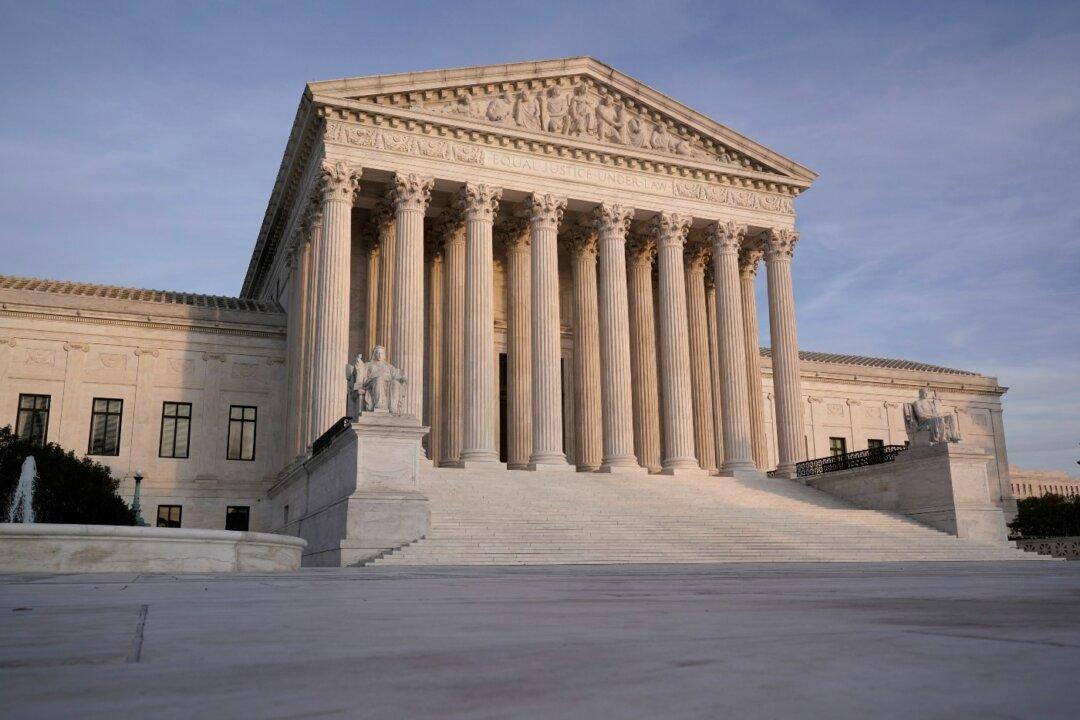The Supreme Court ruled on Wednesday that a California regulation forcing agricultural employers to allow union organizers access to their property is unconstitutional, delivering a win to business interests and advocates of private property protections.
In a 6–3 vote, the high court sided with two businesses that challenged the California rule that lets union representatives enter the grounds of an agricultural business for up to three hours a day over a 30-day period, for a total of 120 days each year, to speak with workers about supporting a union. The court found that the rule violates the Fifth Amendment, essentially by taking away owners’ right to exclude people from their property without just compensation.





